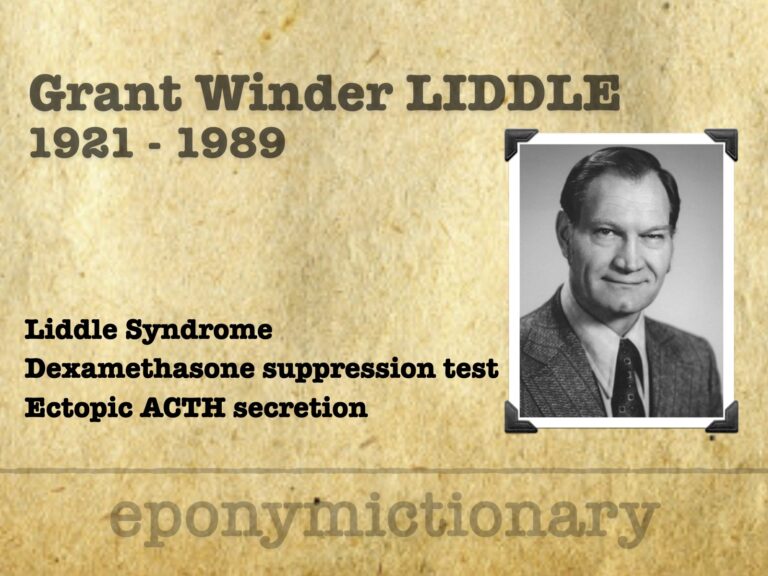
Grant Liddle
Grant Winder Liddle (1921-1989) American endocrinologist. Pioneer of endocrine diagnostics; discovered Liddle syndrome, developed suppression tests, and defined ectopic ACTH

Grant Winder Liddle (1921-1989) American endocrinologist. Pioneer of endocrine diagnostics; discovered Liddle syndrome, developed suppression tests, and defined ectopic ACTH
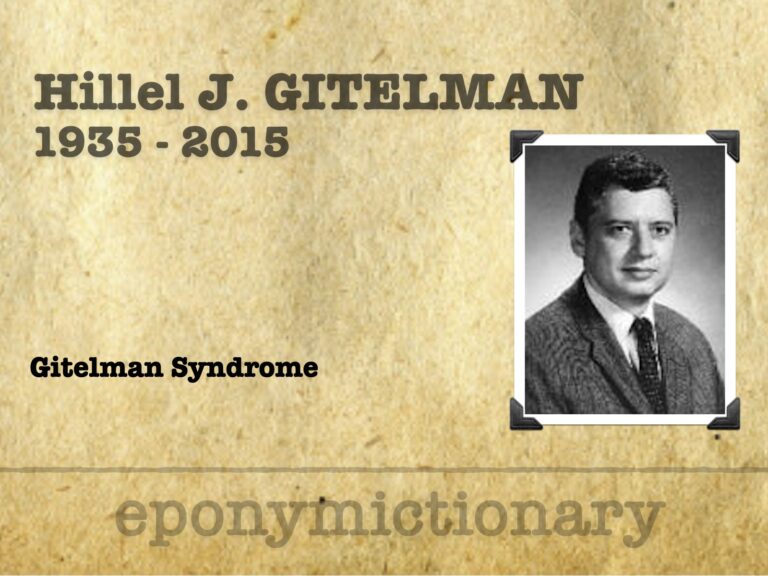
Hillel J. Gitelman (1932–2014) American nephrologist. Described Gitelman syndrome, a renal tubulopathy mimicking thiazide effect with hypokalaemia and hypomagnesaemia.
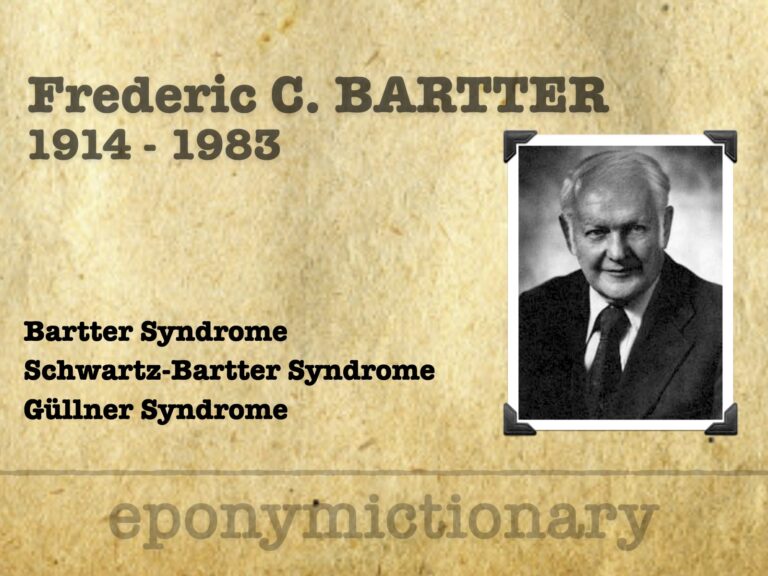
Frederic Crosby Bartter (1914–1983) American endocrinologist. Defined Bartter syndrome, co-described SIADH, and advanced adrenal and renal physiology.
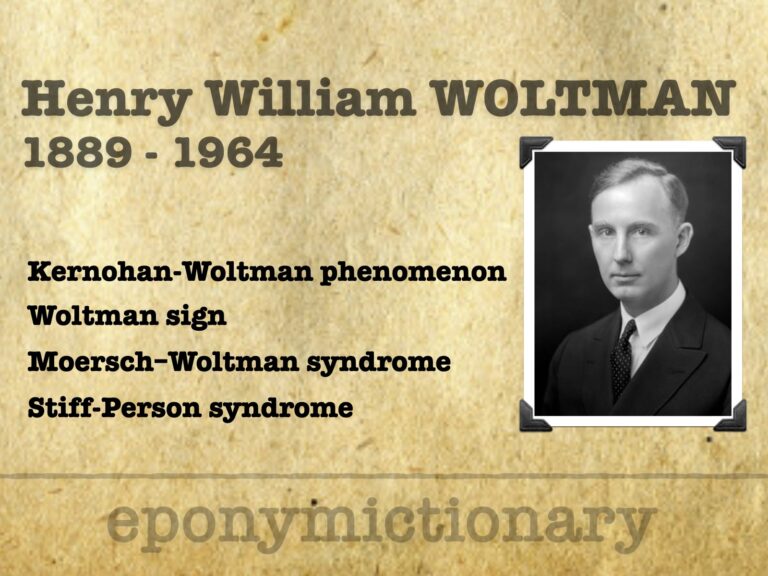
Henry Woltman (1889–1964), Mayo Clinic neurologist, Kernohan-Woltman notch, stiff-man syndrome, and myxoedema reflex; leader in U.S. neurology

Woltman’s Sign is delayed reflex relaxation in hypothyroidism, often seen as a hung-up ankle jerk; a classic but non-specific clinical finding.
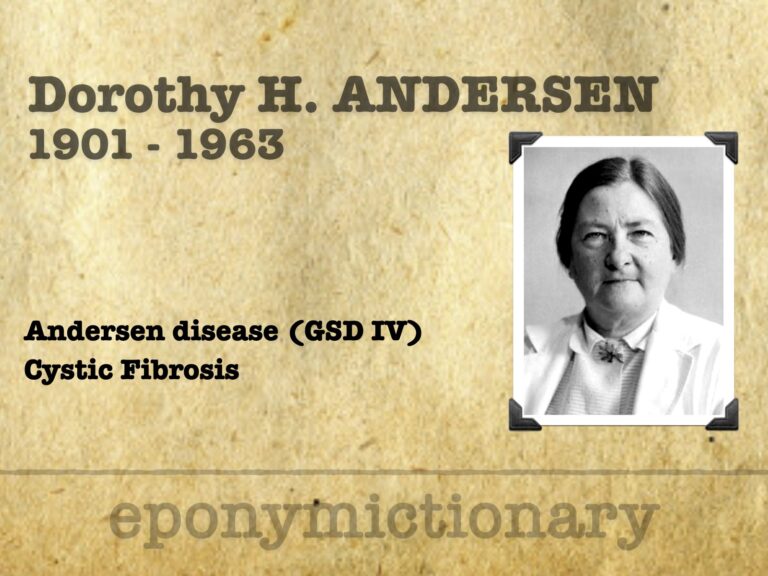
Dorothy Hansine Andersen (1901–1963) was the first to describe cystic fibrosis, shaping paediatric pathology and breaking barriers for women in medicine.
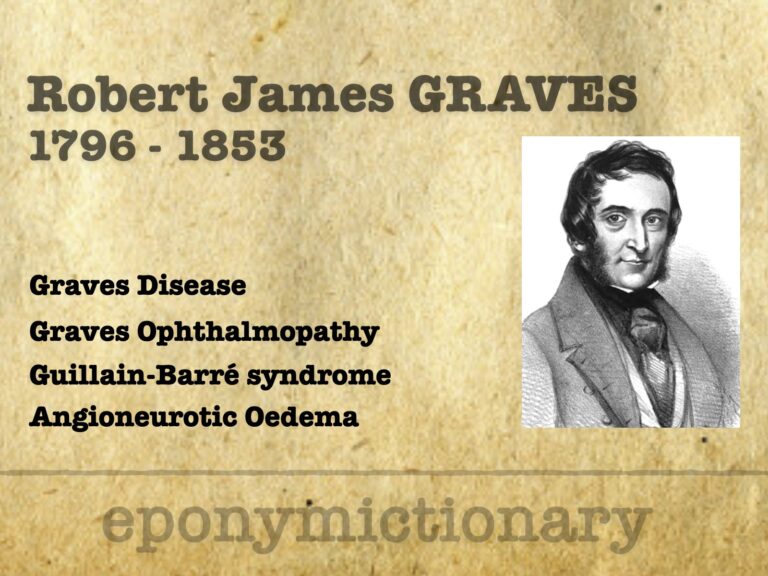
Robert James Graves (1796–1853): Irish physician, pioneer of bedside teaching, described Graves’ disease, reformed fever care, and influenced modern clinical medicine.
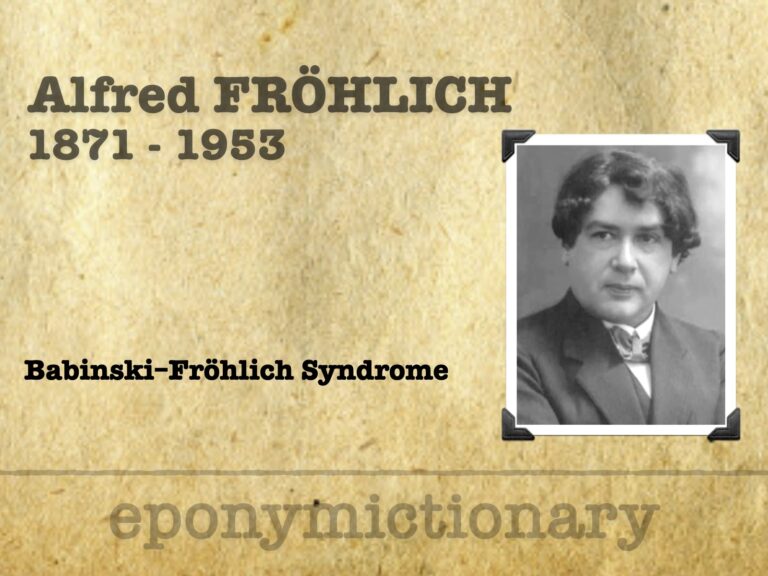
Alfred Fröhlich (1871-1953) Austrian neurologist and pharmacologist; pioneer of neuroendocrinology who described adiposogenital dystrophy, linking pituitary lesions to obesity and hypogonadism.
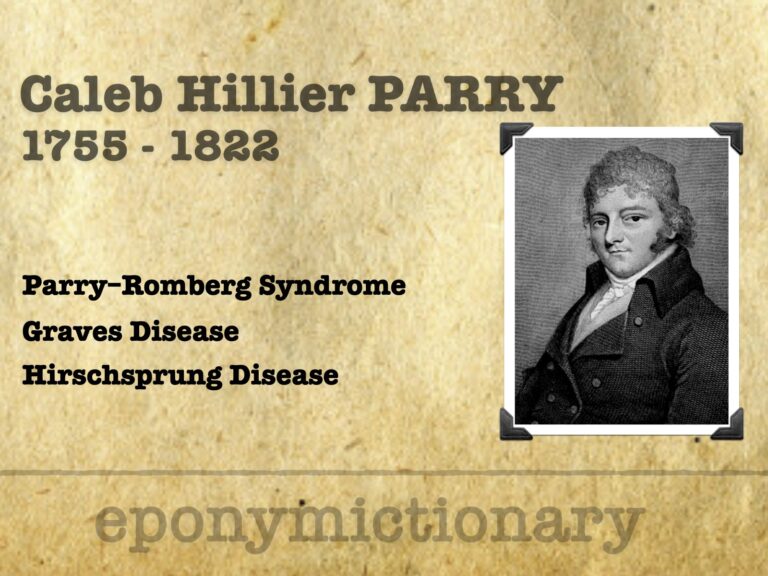
Caleb Hillier Parry 1755–1822 English physician described Hemifacial atrophy; angina pectoris; Hirschprung disease; Graves disease in 1825
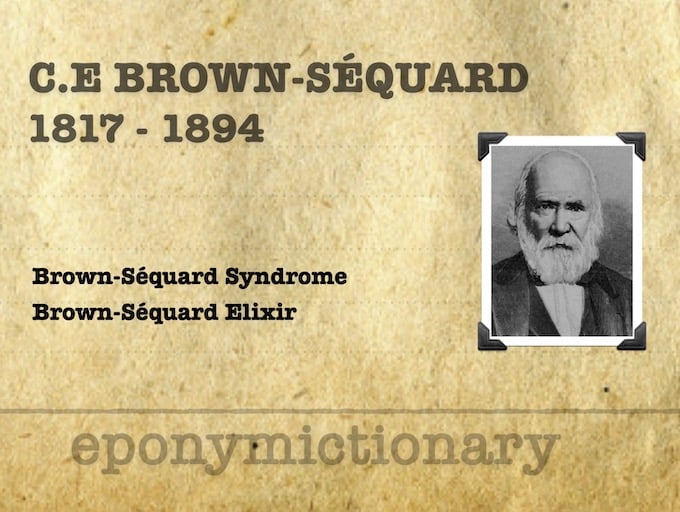
Charles Edouard Brown-Séquard (1817- 1894) was a French physician and physiologist. Brown-Séquard Syndrome (1850); Brown-Séquard Elixir; hormone therapy

Karl Adolph von Basedow (1799 – 1854) was a German general practitioner, surgeon and obstetrician. Described Basedow (Graves) disease 1840

Medmastery: Thyroid Disease Masterclass. Gestational thyrotoxicosis, TSH, and the factors that lead to abnormal thyroid function tests.